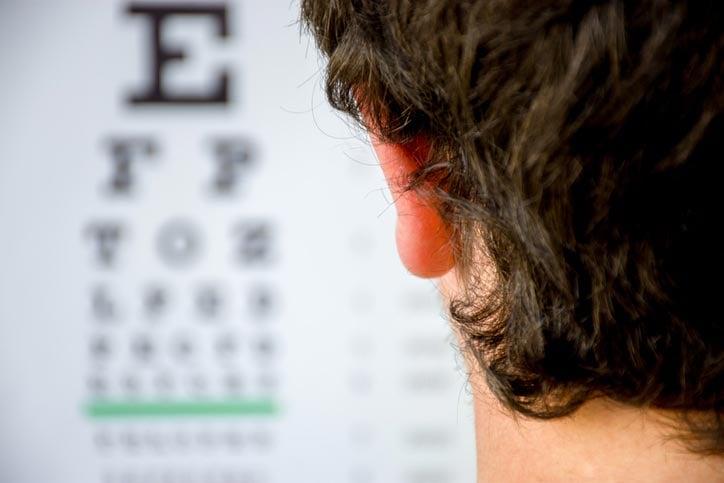
Can I Become a Security Officer with a Disability? Understanding Your Options with Asset College
Empowering Your Decision At Asset College, we believe that every individual should have the opportunity to pursue meaningful training and
Many people living with a physical disability are interested in working in security. At Asset College, we welcome these enquiries and encourage all individuals to explore their training options. We also understand that physical ability plays a significant role in both the training process and the actual demands of working as a security officer.
This article has been written to help you make an informed decision – one that considers your health, safety, personal goals, and the responsibilities of a security role.
Physical disabilities are wide-ranging and can affect mobility, coordination, strength, stamina, or the ability to perform certain physical tasks. These may include:

Empowering Your Decision At Asset College, we believe that every individual should have the opportunity to pursue meaningful training and

Your Rights, Responsibilities and Realities Many people living with a physical disability are interested in working in security. At Asset

Mental Health and the Security Industry Mental health is a vital part of every person’s wellbeing, and many people living

Learning Differences and Career Ambitions At Asset College, we understand that not everyone learns the same way. Many students with

Neurodiversity and the Security Sector At Asset College, we support a diverse range of learners – including those who identify

Vision and the Security Role Clear, reliable vision is central to many of the duties performed by security officers –

Hearing and the Role of a Security Officer Hearing is an important part of situational awareness and communication – two

Managing Health and Career Goals in Security Many people live with medical conditions that require ongoing care, medication, or lifestyle